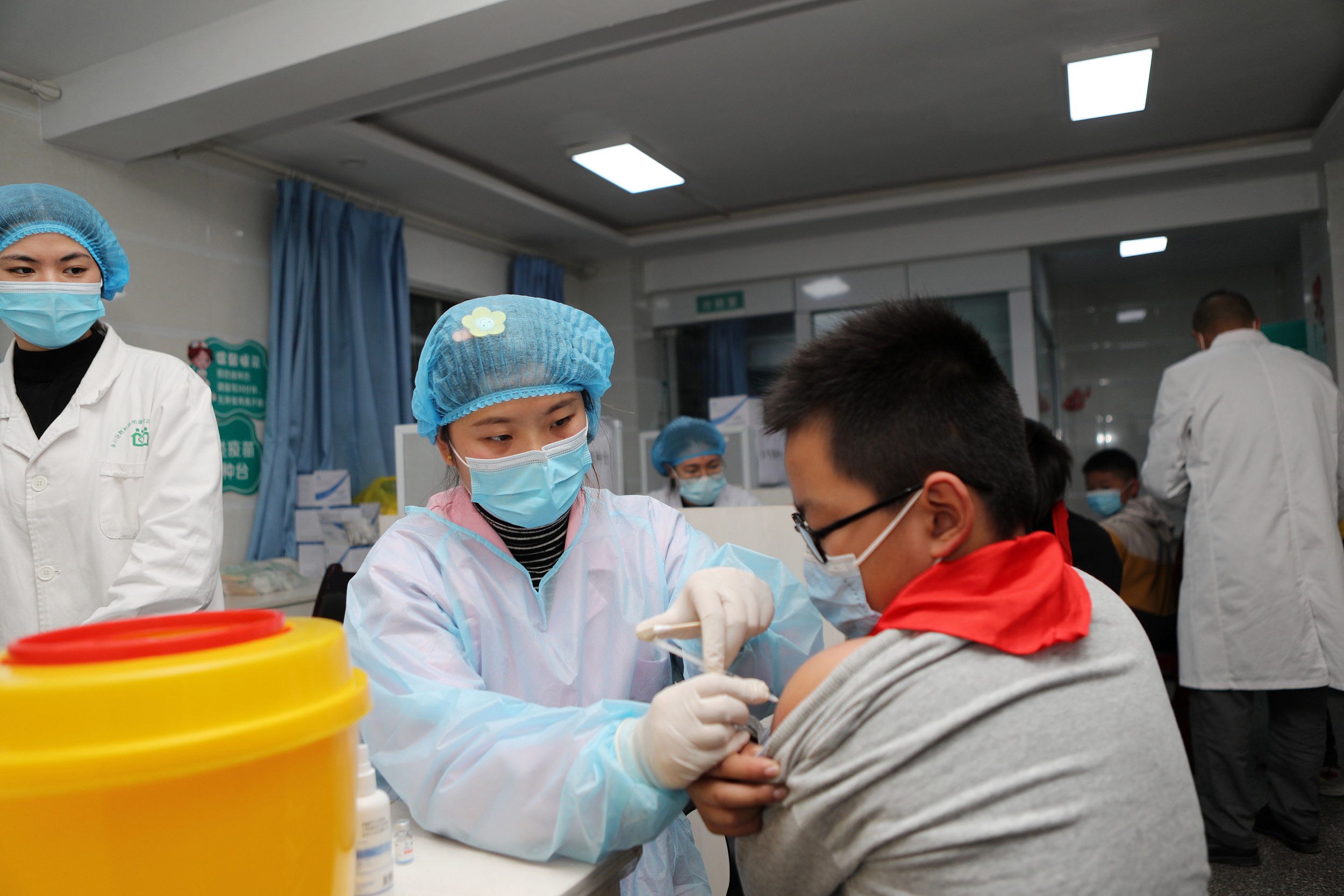Baotou takes measures to boost employment
Baotou in North China’s Inner Mongolia autonomous region announced its latest policies to boost employment in the city on May 20, according to a report in the Baotou Daily.
Officials said that as of the end of April, a total of 13,500 more urban and rural residents had found employment. They added that 5,129 unemployed urban residents and 2,096 people with difficulties in finding jobs were reemployed and the employment situation in the city remained basically stable.
The policies include seven areas and have 28 articles.
The policies involve innovative measures such as allocating 30 million yuan ($4.2 million) in special funds for employment, giving subsidies for communications and transportation fees to business employment services specialists and giving college graduates subsidies for buying and renting houses.
According to the policies, Baotou is to offer employment subsidies for college graduates.
Graduates of full-time junior colleges or above who have graduated within two years -- found employment in the city’s small and medium-sized enterprises, grass-roots social organizations and private non-enterprise units, or who have registered for employment, signed labor contracts for more than three years and paid social insurance according to the regulations -- can enjoy an employment subsidy of 300 yuan per month.
Officials said the subsidy can be received for three years.
The city is to give subsidies to college graduates who purchase or rent houses. The housing subsidy standard is 1,500 yuan per month for undergraduates and 1,000 yuan per month for junior college students.
The rental subsidy standard is 500 yuan per month for undergraduates and 300 yuan per month for junior college students. The monthly subsidies are paid quarterly.
Also, there are specific measures designed to expand the scale of State-owned companies and organizations recruiting college graduates. They are also designed to establish fast track channels for recruitment, implement improvements in vocational skills training and implement online training subsidies to boost employment and entrepreneurship.





 Sketching and creation tour in Baotou
Sketching and creation tour in Baotou